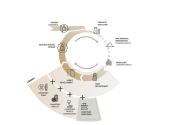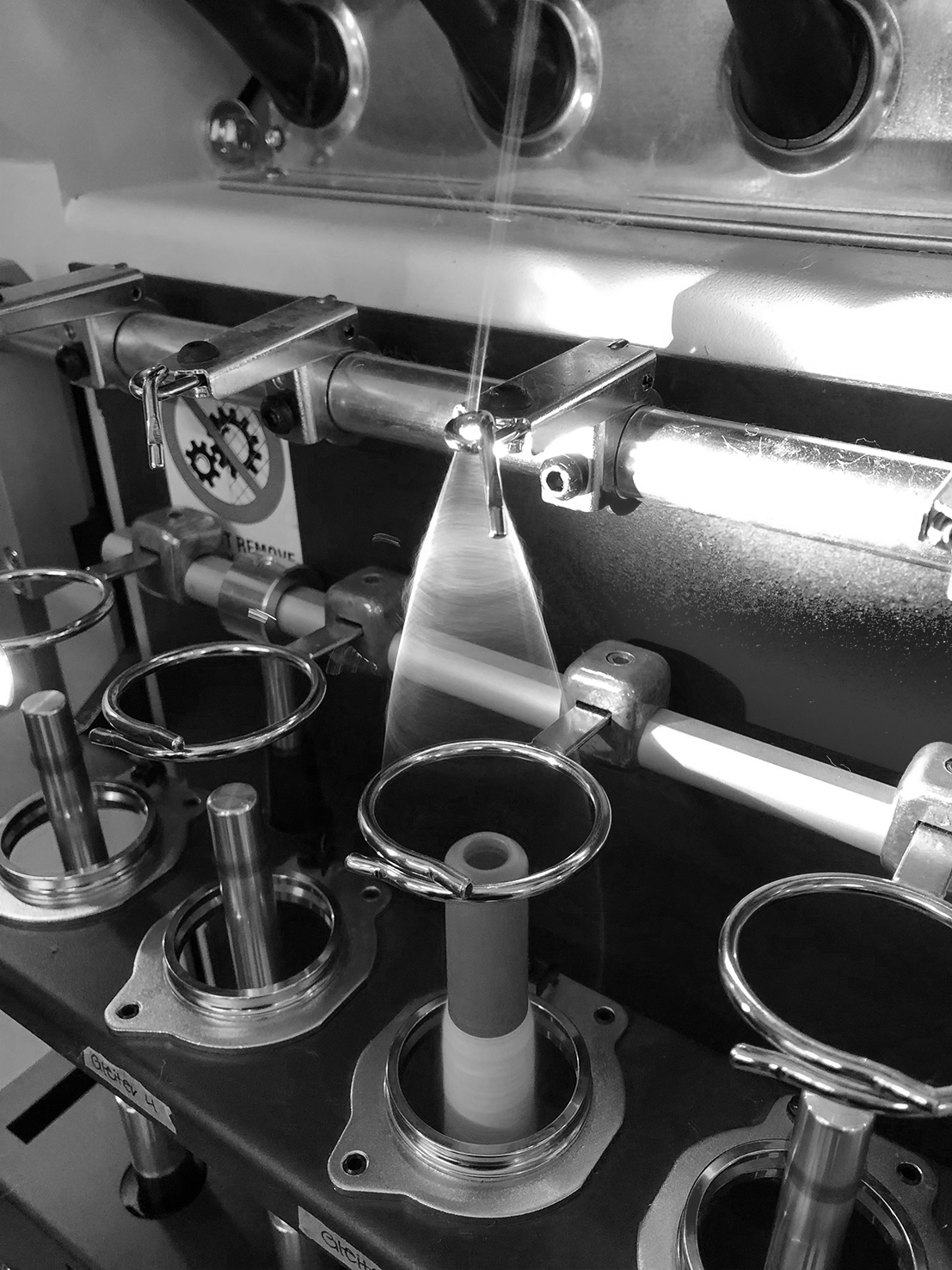Hochschule Luzern - Design Film Kunst
Adresse
Hochschule Luzern - Design Film Kunst
Nylsuisseplatz 1
6020 Luzern - Emmenbrücke
Switzerland
Telefon+41 41 248 64 64
Entdecken Sie mehr von uns
Über uns
Research Group Product & Textiles
The research group Product & Textiles focuses its diverse research activities on three key perspectives: circularity and systems, stakeholder participation and cultural transformation as well as recovery and secondary raw materials. The research group is interdisciplinary in its cooperations, methods and composition and its competencies range from textile and product design to historical research and environmental sciences. Drawing conclusions from our colla-boration with practice partners, we purposefully transfer the results produced in our projects and our contribution towards achieving the Sustainable Development Goals.
Design and Sustainability as the Product and Textiles research group’ main theme:
Circularity & Systems
The federal climate strategy and new EU regulation warrant swift action on the market and in the textile industry. In addition to slow growth and material circularity, the systemic rethinking of closed-loop processes is a pertinent area of research for a textile industry striving to become sustainable.
Recovery & Secondary Raw Materials
Short utilisation phases, poor recycling rates and reparability, and a low fibre-to-fibre recycling rate are hallmarks of the environmental impact of the textile industry’s linear economic model. We investigate concepts for novel recovery processes and secondary raw materials to address the real-life challenges associated with recycling.
Actors, Participation & Cultural Transformation
Our focus rests on the cultural impact of design. Unsustainable production and utilisation practices that have been entrenched since the industrial revolution are being scrutinised on our journey towards a more livable future.
Unsere Produktgruppen
- Research, Development, Education, Consulting
Unsere Anwendungsbereiche / Lösungen
Mehr über uns
Special Interests

Keywords
- Design
- Nachhaltigkeit
- Research
- Sustainability
- Forschung
Unsere Produkte

Mono.Loop.Poly
Polyester is the most widely used textile fibre globally, and demand is increasing every year. It is non-renewable and a major contributor to climate change. Today, hardly any polyester is recycled textile-to-textile. The major part of recycled polyester used in the textile industry comes from PET bottles and is removed from an already functioning and closed cycle.
The goal of the InnoSuisse project Mono.Loop.Poly is to research mono material design principles, to set up a closed loop ecosystem and to substitute virgin polyester in the sportswear industry. The project aims to develop integrated solutions in three innovation fields to achieve this goal:
- Textile-to-textile material cycle
- Mono material Design Library
- Mono material back injection moulding on textiles
Funding: InnoSuisse
Research partner: Ostschweizer Fachhochschule IWK
Business partners: Monosuisse (Emmenbrücke), Schoeller Textiles (Sevelen), DePoly (Sion), Iceep (Zürich), Rotauf (Chur)

SwissNettle Textile x HSLU SpinLab
The aim of SwissNettle Textile is to research the potential of the "large stinging nettle" (Urtica dioica) for textile applications. The SpinLab at Lucerne School of Design, Film and Art enables us to test and prototype these nettle fibers into yarns and twines in various blends with other natural and cellulose fibers.
Even though the stinging nettle has fewer fibers than the cultivated fiber nettle, its main advantages are the added value for biodiversity in agriculture and its robustness. The yarns and twines are woven and knitted to test their suitability as alternative for diverse textile products. Further fields of application are food, medicine, fertilizer and animal feed.
Funding: Zürcher Stiftung für Textilforschung ZSFT
Project partner: Swiss Nettle GmbH
Project collaboration: SlowGrow GmbH, Lukas Müller, Marianne Leupin (ZHAW), Iwan Bischof (STF), Martin Klöti (Genossenschaft Glärnisch Textil), Institut für Textilchemie und Textilphysik (Dornbirn), Oliver Feig


